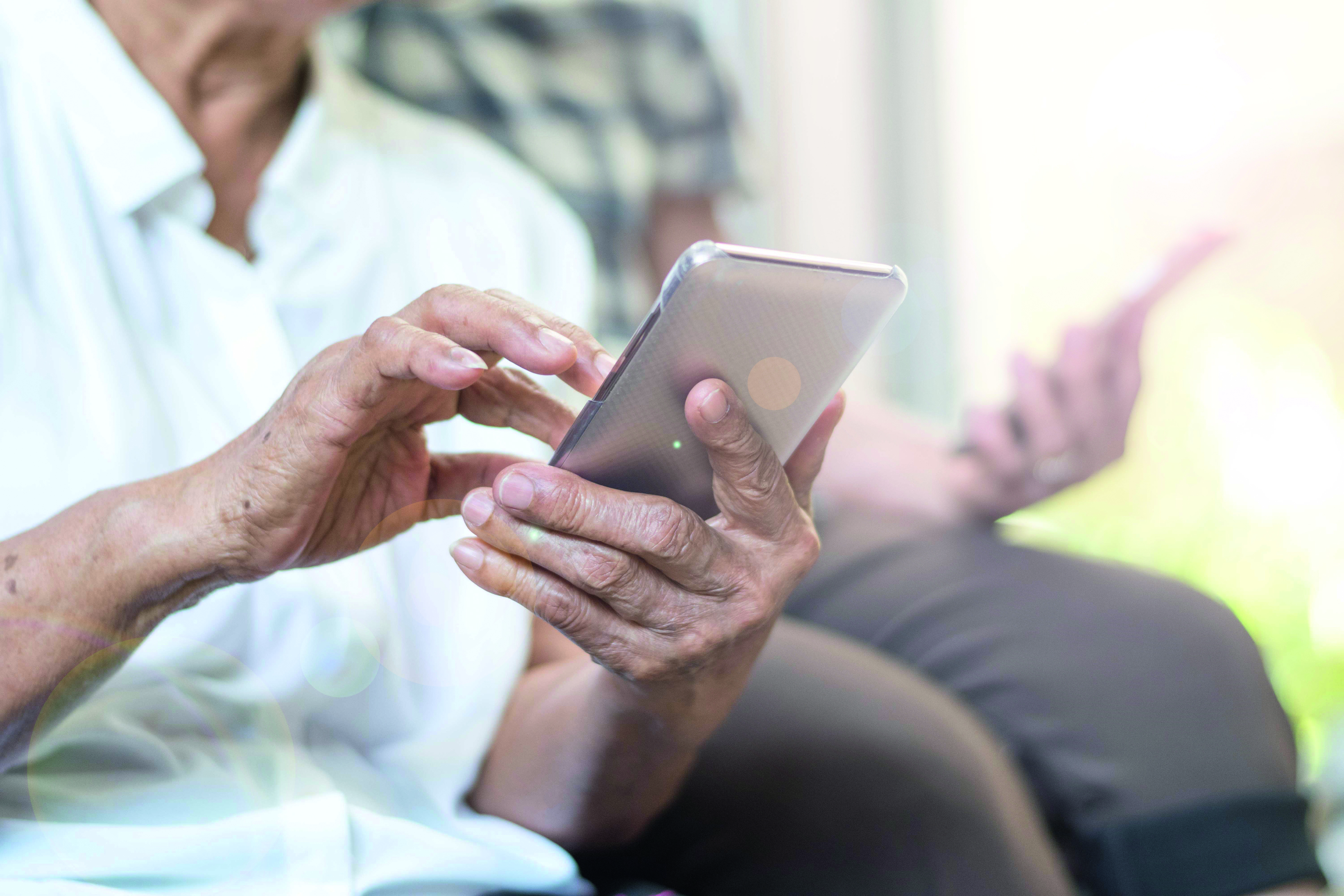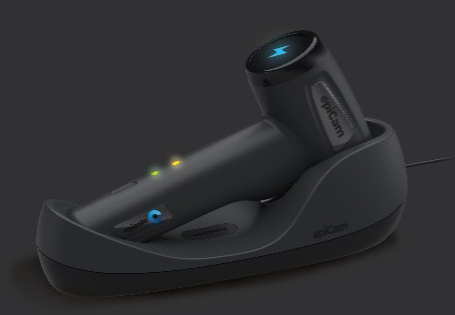Diabetes in the UK
"The United Kingdom has a rich array of diabetes expertise - not to mention one of the few if not only system which has national level data, proven outcomes as one of the best attainment of targets in Type 2 Diabetes, as well as established means of models of care - along with a national Type 2 Diabetes prevention programme.
Coupled with a system focussed on primary care delivering care with educational support from specialist care, it is a template for others to look at - based on the outcomes the NHS has achieved so far."
Dr Partha Kar, National Specialty Adviser, Diabetes with NHS England and co-lead of the Diabetes Getting it Right First Time programme (GIRFT) with NHS Improvement
422 MILLION
adults have diabetes
3.7 MILLION
deaths due to diabetes and high blood glucose
Source: World Health Organisation

DIGITAL SOLUTIONS
The UK has many tried and tested digital health technology solutions to support patients at risk of long-term conditions, including diabetes.
The UK can offer patient self-management programmes and health education training tools for care providers to:
- Support people with diabetes to care for themselves
- Develop and implement innovative ways of improving health outcomes for people with diabetes
- Reduce the cost of in-hospital care for patients with complications
- Clinical management systems
PREVENTION & HEALTH PROMOTION
The NHS Diabetes Prevention Programme is the first national programme of its kind. At a local level, commissioners and providers have programmes and tools to reduce patients’ risk of Type 2 diabetes, and the UK is also home to a growing number of digital solutions.
Using the wide of experience of the NHS, the Public Health system, and a wealth of public and private healthcare providers, the UK can help tackle the diabetes burden in other countries by sharing knowledge, expertise and proven solutions.
DIAGNOSIS & GLUCOSE MONITORING
The UK manufactures and markets innovative testing devices to support patients. Products range from sensor patches or electric current measures in place of needle sticks; glucose monitors and associated apps; analysis systems, which enable continuous glucose monitoring in hospital; medical diagnostic kits and reagents; and innovative devices for testing for complications (e.g. retinopathy and foot ulcers).
TREATMENT & REHABILITATION
The UK manufactures and markets a wide range of treatments for diabetes, from medicines to non-invasive treatments for diabetic retinopathy, to controlled release delivery systems, injection systems and insulin pens, and adjunctives.
CARE DESIGN & DEVELOPMENT
UK organisations have a wealth of expertise in diabetes care design and delivery.
- Diabetes care integrated across hospital and primary care settings
- Care designed to incorporate clinical audit, metrics development and accreditation
- Integration of physical, mental and social aspects of diabetes care
- Delivery of clinical services with local partners in-market

SELF MANAGEMENT
The UK health system understands that having diabetes involves a significant amount of self-care, and there are many organisations with innovative services and tools to support self-management.
EDUCATION
The UK has many world-leading institutions offering education for healthcare professionals working across the whole care pathway.
By utilising diabetes education and on-going training solutions for healthcare professionals, health and care providers can:
- Support development of multi-disciplinary teams across the complete care pathway of diabetes
- Develop competence in the diagnosis, treatment and decision-making in the care of people with diabetes
Epipole - leading to ophthalmology innovation
SITUATION
Diabetic retinopathy is a diabetes complication that affects eyes. It's caused by damage to the blood vessels of the light-sensitive tissue at the back of the eye (retina). At first, diabetic retinopathy may cause no symptoms or only mild vision problems. Eventually, it can cause blindness.
93m
1 in 3
CHALLENGES
The vast majority of patients who develop DR have no symptoms until the very late stages (by which time it may be too late for effective treatment). Therefore, screening and early intervention is critical. Traditionally diagnostics would be done using an ophthalmoscope to perform a Fluorescein angiography or an Optical coherence tomography.
SCREENING DEVICE AND PLATFORM
Introducing retinal healthcare in motion, with the epiCam – a high-definition video direct ophthalmoscope. It is a handheld, ultraportable, wireless digital fundus camera; non-mydriatic in both static-imaging and video modes. Combined with the high accuracy and ease of use, the epiCam is perfectly suited to support the detection and diagnosis of diabetic retinopathy.
Optimized for both clinicians and non-clinicians alike, users can review captured footage on the epiCam software instantly; then snapshot, annotate, extract, save, edit, report, and create, exactly as needed.
SOLUTION
Dr Zia Carrim, Consultant Ophtalmologist at Leeds Teaching Hospitals NHS Trust: “I have had the epicam C for more than a year in Mauritius now and must add that it is much, much more than just a camera. Until the epicam came along, I would examine and then perhaps decide what to photodocument. With the epicam, the entire examination can be recorded.
Accompanying relatives and parents can "see" in real time, and explaining abnormalities is so much easier. In my humble opinion, the epicam is revolutionary. In time, the ophthalmologist will abandon his ophthalmoscope and lenses in favour of a laptop or tablet connected to the epicam.
CONCLUSION
The epiCam is being used by clinics and studies around the world. It is a handheld, ultraportable, wireless digital fundus camera; non-mydriatic in both static-imaging and video modes. Combined with the high accuracy and ease of use, means the epiCam is a valuable tool; one particularly well suited to supporting the early detection and diagnosis of diabetic retinopathy.
